Every Mason will recognize the above declaration as the epilogue of the closing prayer given at almost every lodge meeting. It was penned by William Preston in 1772.
It is an admonition for toleration.
Frederico Mayor, in an address dedicating the Beit-Hashoah Museum for Tolerance in Los Angeles in 1993 said; “…our ability to value each and every person is the ethical basis for peace, security and intercultural dialogue.” Albert Pike stated it even more poignantly in the tenth degree by declaring that without toleration “we are mere hollow images of true Masons, mere sounding brass and tinkling cymbals.” The fact is that a peaceful future depends on everyday acts of kindness and respect. It is a lesson every Freemason knows well.
Among all the teachings Masonry imparts to its members, none is more important than championing the ideal of toleration in all things. In the book of lectures for the symbolic lodge, we read; “By the exercise of Brotherly Love we are taught to regard the whole human species as one family; the high and low, the rich and poor; who, as created by one Almighty Parent, and inhabitants of the same planet, are to aid, support and protect each other. On this principle, Masonry unites men of every country, sect and opinion, and conciliates true friendship among those who might otherwise have remained at a perpetual distance.”
The history of much of the world is a saga of deep ethnic divisions, regional conflicts, religious zealotry, and economic hostilities among peoples. Intolerance, jealousy and greed have fragmented almost every country in the world. There was a time when people came to America seeking asylum from such human suffering and strife. The altruistic nature of democracy has made the United States a multi-cultural society. Now the same divisions that have caused so much suffering and loss in the rest of the world are becoming manifest in the freest country on earth. We are becoming a nation filled with mistrust and animosity.
The natural reaction to diversity is to isolate ourselves in our own culture. It’s a kind of “out of sight, out of mind” mentality. It is easy to believe that we can’t get hurt if we stay within our own group. We can’t get into trouble if we don’t participate. But with people now migrating to America in record numbers, everyone who has perceived themselves as 20th century American-born citizens are rapidly becoming a minority. This perception is strong across every culture. National unity will never be possible if we feel threatened by every group outside our own. It’s time all of us made a little sacrifice and effort toward a greater cause.
Since (as the saying goes) you can’t teach an old dog new tricks, it seems the only chance we have of achieving and maintaining a sense of national unity at home is to develop a healthy learning environment among our children that will give them a full cross-cultural understanding. And such understanding will not just happen. To communicate and learn from one culture to another takes entire families out of their comfort zone. To achieve a reconciliation of idealistic, ethnic, religious and cultural differences between the old ways and the new will require an extraordinary feat of will and learning. In most cases, toleration itself will have to be learned and practiced.
But it is a role I believe was made for the Scottish Rite. If the Rite is indeed a great power, it is so because influence is power; and will is power. The teachings of the Rite answer these kinds of questions: What kind of society might we have if we were to achieve a culture of peace? How much would such a culture manifest itself in our family lives, communities, state and national politics and international relations? What relationship exists between tolerance and peace? Can human rights be realized without a social commitment to tolerance? Is there a significant relationship between human rights and democracy? What are our own personal and community concerns about the issue of tolerance? How do our concerns relate to tolerance on a global scale? How can we contribute to promoting a tolerant world?
If our own history is a guide, Freemasonry gains civic and social relevance when it stands up for what it stands for. There can be much value in sharing our values with the cross-cultural world in which we live. Perhaps it is a mission of the Scottish Rite to take the lead in diagnosing the kinds of intolerance which hinders the world; and then pledge, individually and corporately, to do whatever is necessary in educating the next generation of adults that tolerance is indeed the most reasonable means to peace in the world.
It seems like such a worthy mission—to stand on what we stand for.
________________________________________
THANK YOU FOR READING THE LAUDABLE PURSUIT!
IF YOU ENJOYED THIS PIECE, PLEASE FEEL FREE TO SHARE IT ON SOCIAL MEDIA SITES AND WITH YOUR LODGE.
For more information on Wor. Robert G. Davis Please: CLICK HERE
Also, visit us on Facebook: https://www.facebook.com/TheLaudablePursuit
_______________________________________
SHOW YOUR SUPPORT
If you enjoyed this content, you can show your support by visiting the "Support TLP" page in the header.




